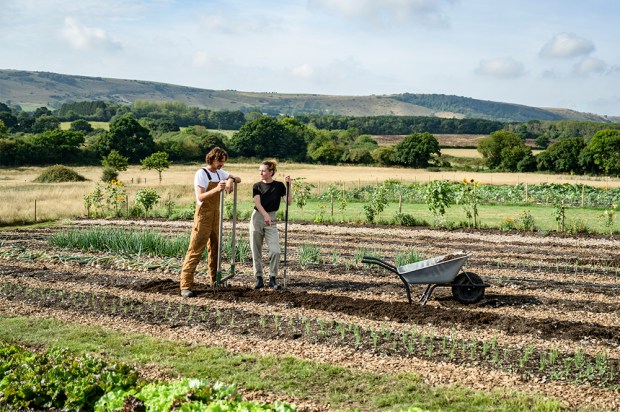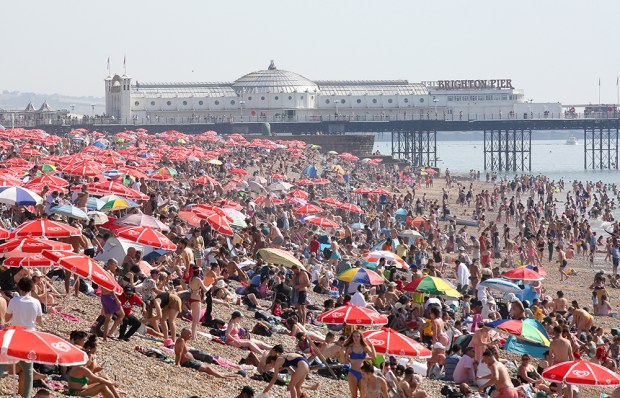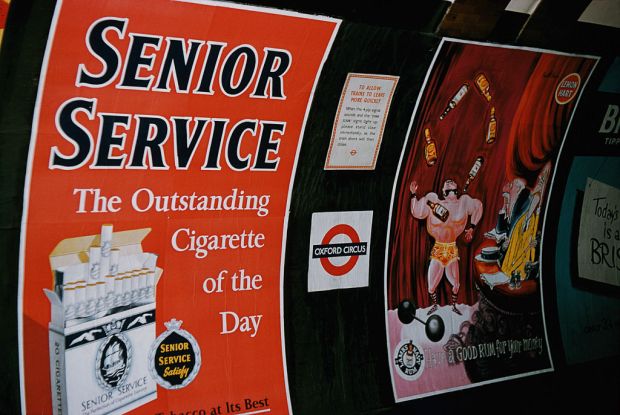One for the road
Road safety campaigners were angered by the opening of the first pub at a motorway service station, on the M40 in Buckinghamshire.
— Drink-driving campaigns pre-date the motor-car: it was in 1872 that the first law was enacted that made it an offence to drive carriages, horses, cattle and steam engines under the influence of alcohol.
— The law didn’t catch up with motor cars until 1925, when a more general law made it an offence to drive any vehicle while drunk.
— The first drink-driving advert on TV appeared in 1964, warning drivers that after eight whiskies they were 25 times as likely to have an accident. A blood alcohol limit did not arrive until two years later.
Union dues
The Police Federation was revealed to be sitting on assets of £95 million. How does this compare with other trade unions?
| Net assets | |
| Unison | £112m |
| BMA | £93m |
| NFU | £78m |
| Unite | £61m |
| GMB | £38m |
| NUT | £38m |
Source: Certification Office
Crowded house
The percentage of 20- to 34-year-olds living with their parents has increased from 21% in 1996 to 26% now. Who still lives with their parents?
— 32% of men, but only 19% of women of this age group are in this position.
— The proportion living with their parents is lowest in London (22%), where house prices are highest, and highest in Northern Ireland (36%).
— International comparisons are simpler for 25- to 34-year-olds. In the UK, 15% live with their parents, compared with 2% in Denmark and 68% in Croatia.
Source: ONS
Travelling people
The Office of National Statistics issued some figures on Gypsies and Irish Travellers (defined as those who identified as such in the 2011 census).
— 61% live in a ‘whole house or bungalow’, compared with 24% in a ‘caravan/temporary structure’.
— 47% are economically active (compared with 63% of the population as a whole).
— 60% of those over 16 have no qualifications (UK as a whole: 23%).
— 70% said they were in good health (compared with 80% in the UK as a whole).
Got something to add? Join the discussion and comment below.
You might disagree with half of it, but you’ll enjoy reading all of it. Try your first month for free, then just $2 a week for the remainder of your first year.












